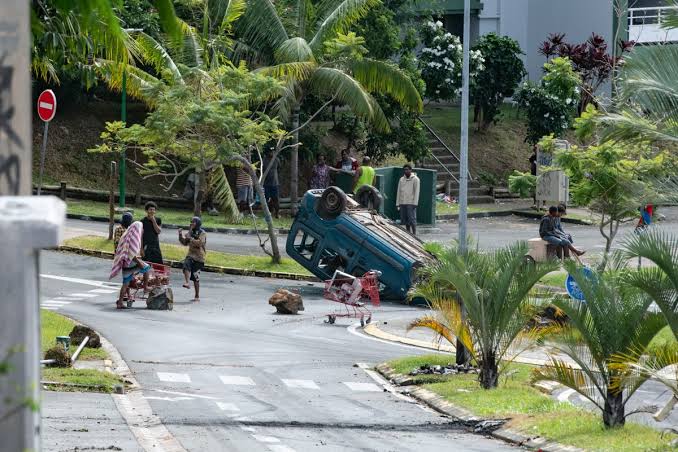
Worried about the escalating prices of food items, rising poverty level and other economic hardships in the country, the Senate is processing a bill for the alteration of the constitution to compel the Federal Government to take more proactive steps to guarantee food security for Nigerians.
Specifically, the bill which was named “Constitution of the Federal Republic of Nigeria (Alteration) Bill 2019 (SB 240)” seeks to ensure that the state directs its policy towards food security and makes access to food a fundamental human right in the constitution.
The bill, which is being sponsored by the Chairman of the Senate Committee on Agriculture, Abdullahi Adamu, specifically alters section 16 of the constitution by introducing a new section, 16A, which states that the state shall direct its policy towards ensuring that:
• the means of production, conservation, and distribution of foods are upgraded and improved upon on a continuous basis;
• strategies that guarantee food security of the nation, in terms of availability, accessibility, and affordability of food to the citizens, are initiated, undertaken and implemented; and
• adequate measures are provided to ensure that the food security of the nation is not compromised by any individual, group or institution, while actions that enhance the sustainability of food security are promoted.
The bill also amends Section 33 of the constitution by inserting immediately after Section 33 (c), a new Section 33 A and its side note to read “Right to Food”.
The new Section 33 A (1) states that “Every person shall have a right to food, which shall be respected, protected and guaranteed by the state, and no one shall be deprived of food under any circumstances.”
Section (2) states that “a person shall not be regarded as having been deprived of food in contravention of this section if the person is:
“ (a) physically fit or able to work or find food or not considered a disadvantaged person or belonging to the vulnerable groups in society;
“(b) not affected by natural disasters or any socio-economic emergencies affecting the person’s livelihood in such a manner as to become the responsibility of the government to respond quickly with appropriate measures; or
“(c) seeking remedies to situations other than food or means of acquiring food directly or otherwise.”
The National Bureau of Statistics (NBS) had late last year announced that “the annual inflation rate in Nigeria rose to 11.85 per cent in November of 2019 from 11.61 per cent in the prior month. It was the highest inflation rate since April 2018 as food prices continued to surge amid the ongoing country’s border closures.”
A lawmaker said Nigeria was yet to overcome food insecurity because it had been unable to deal with factors that had been identified as responsible for the precarious food insecurity.








